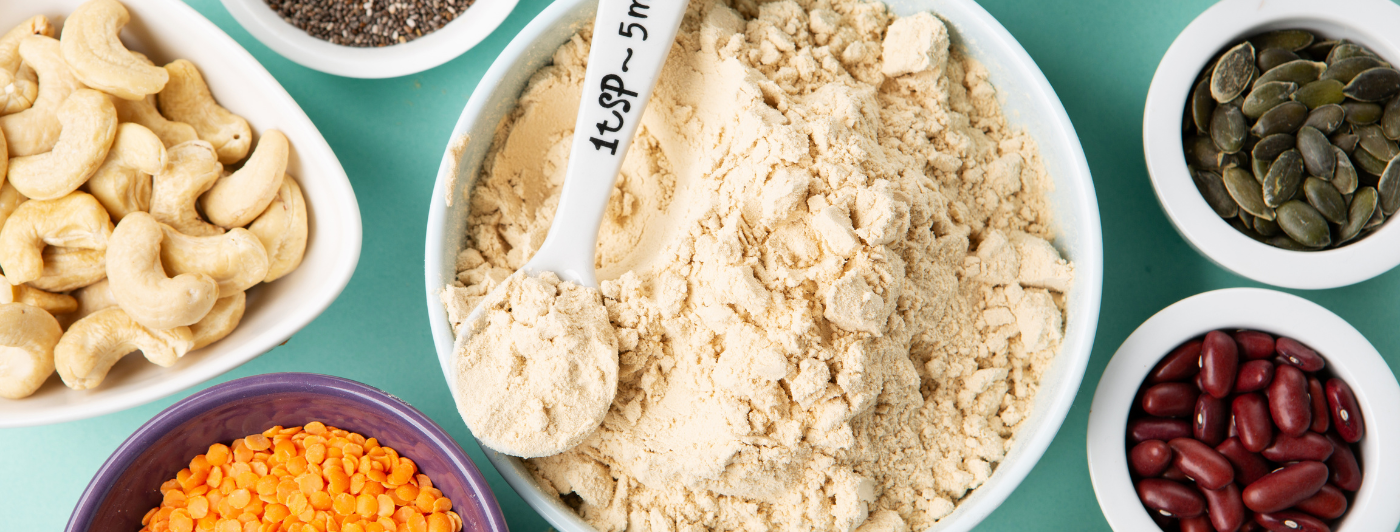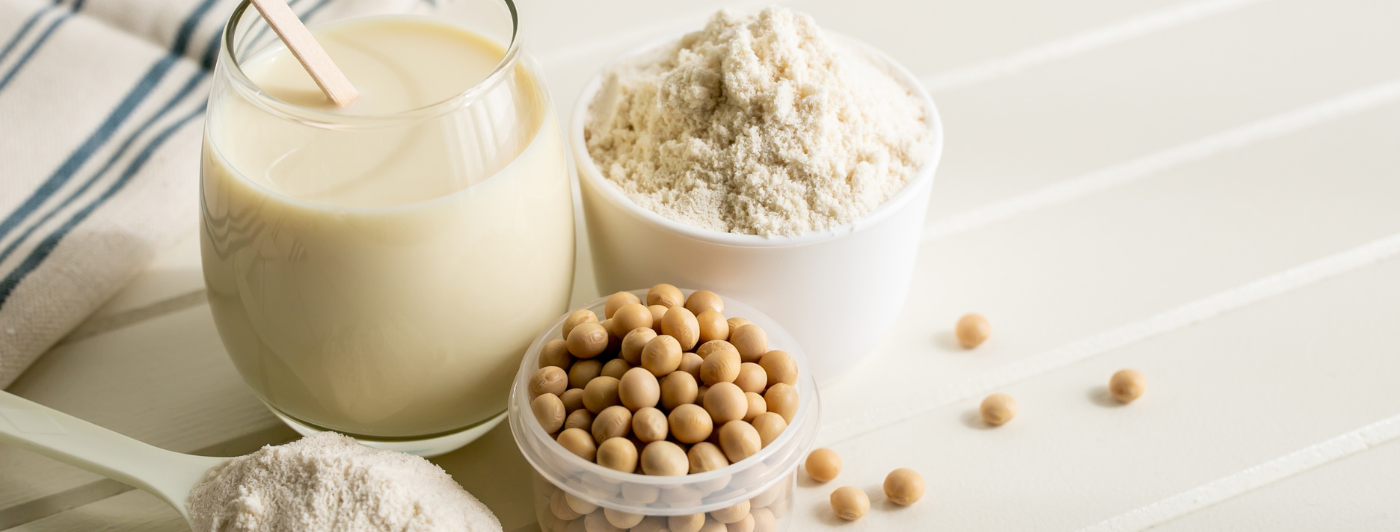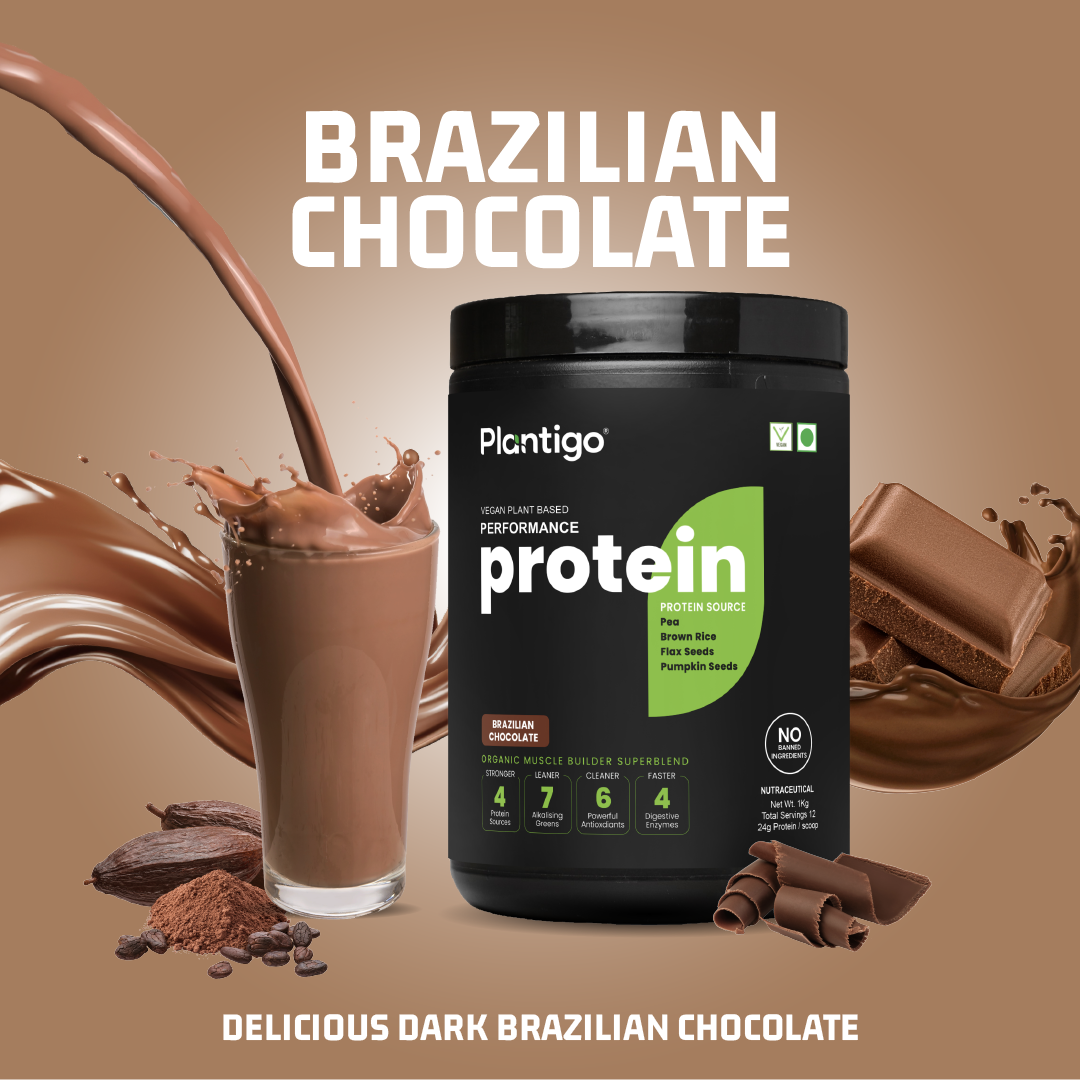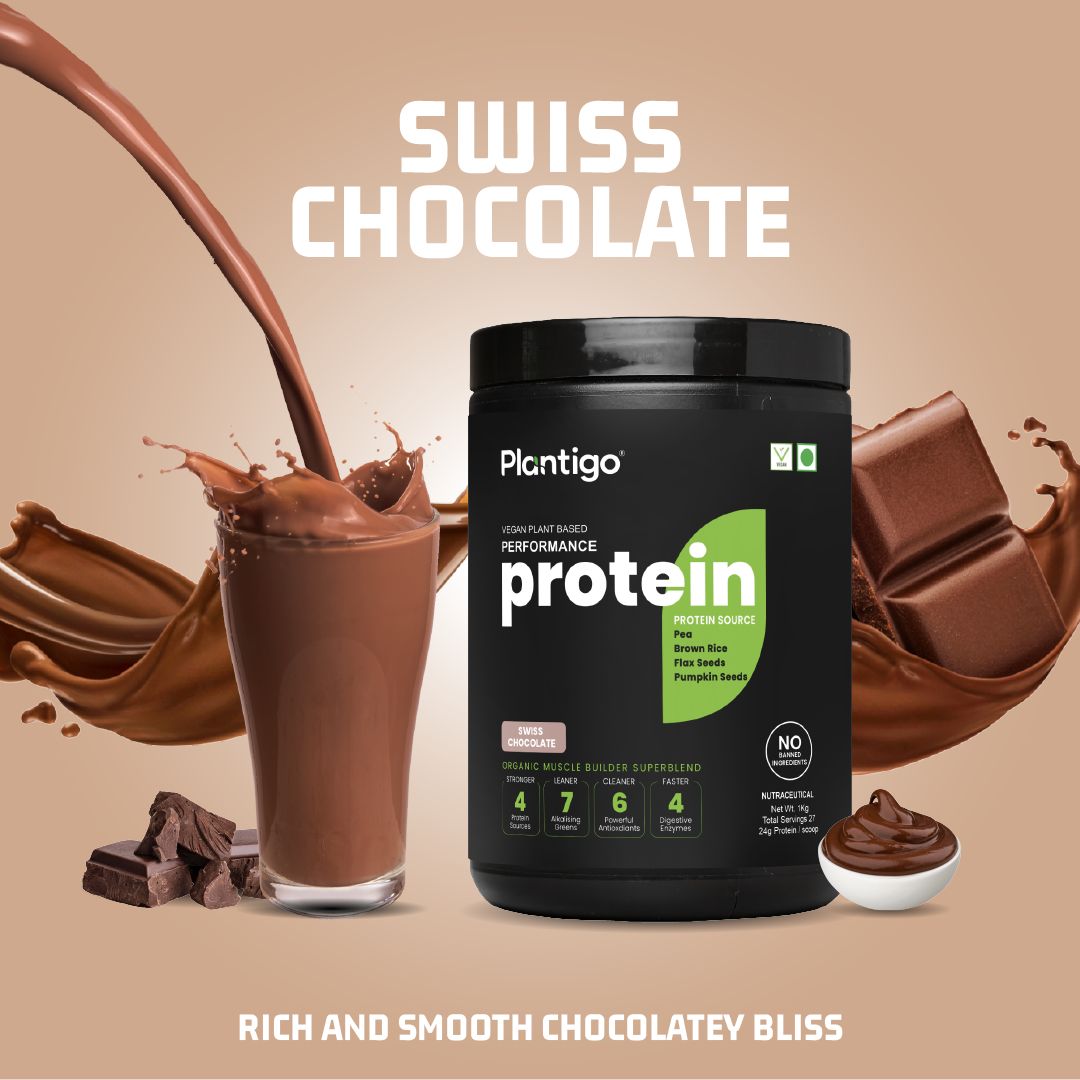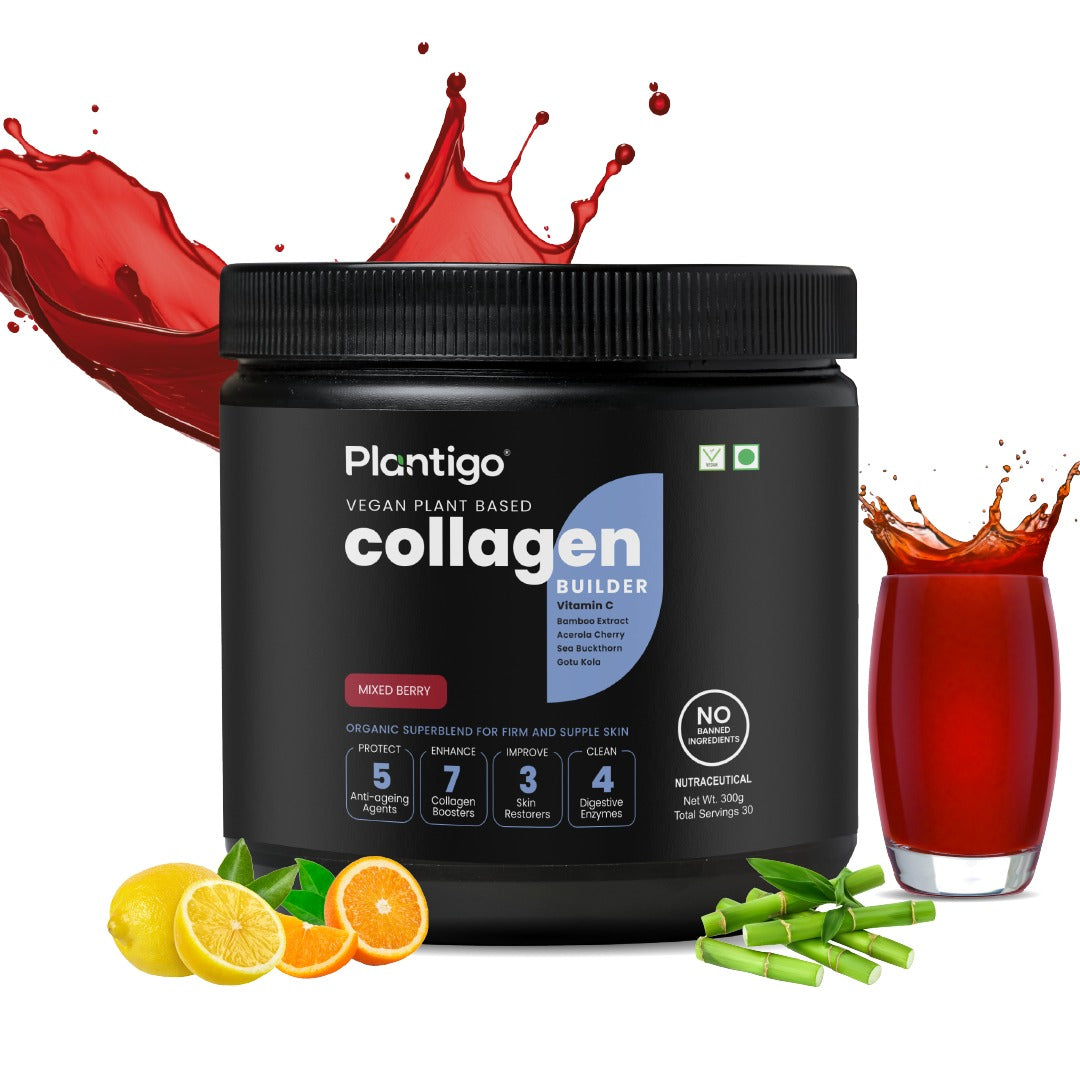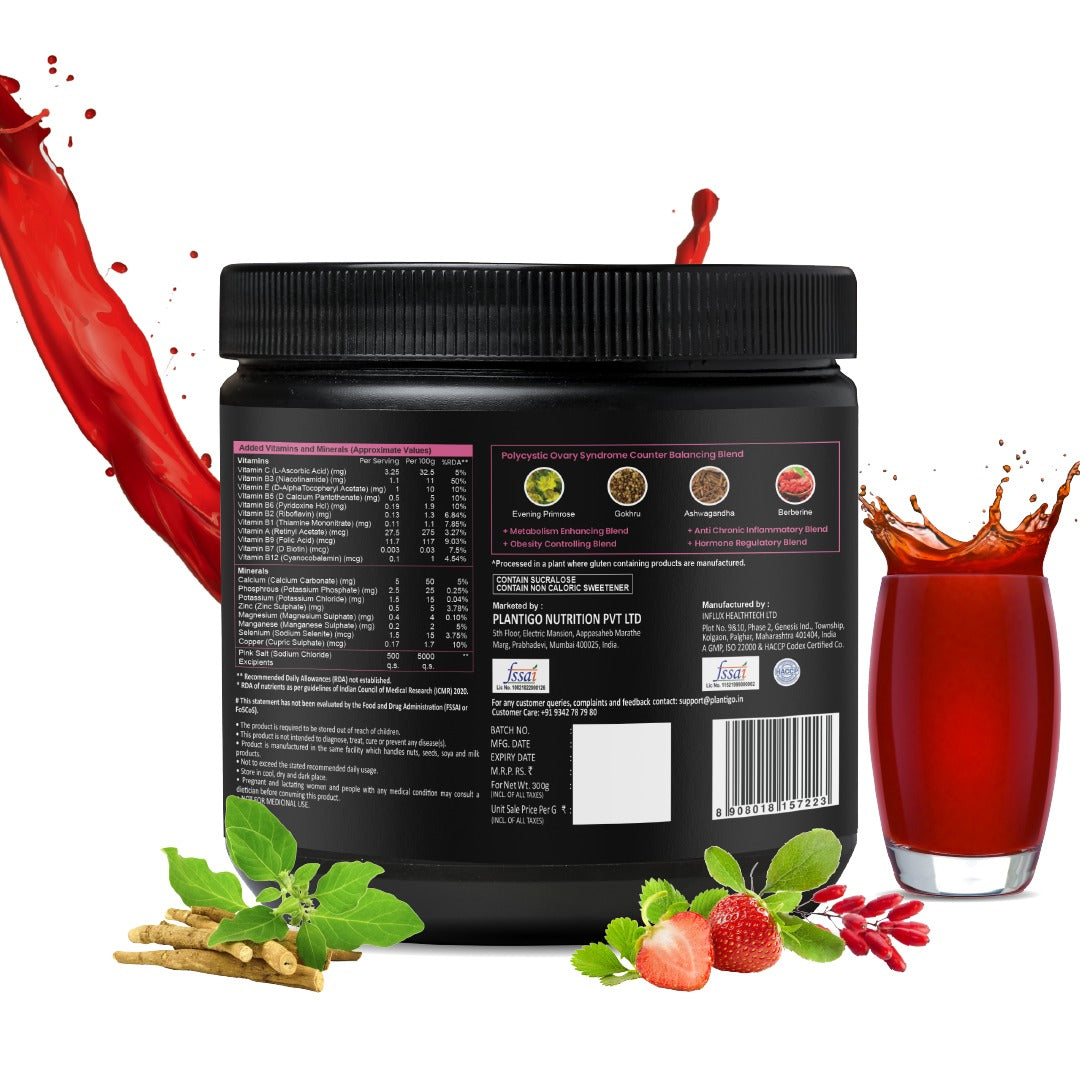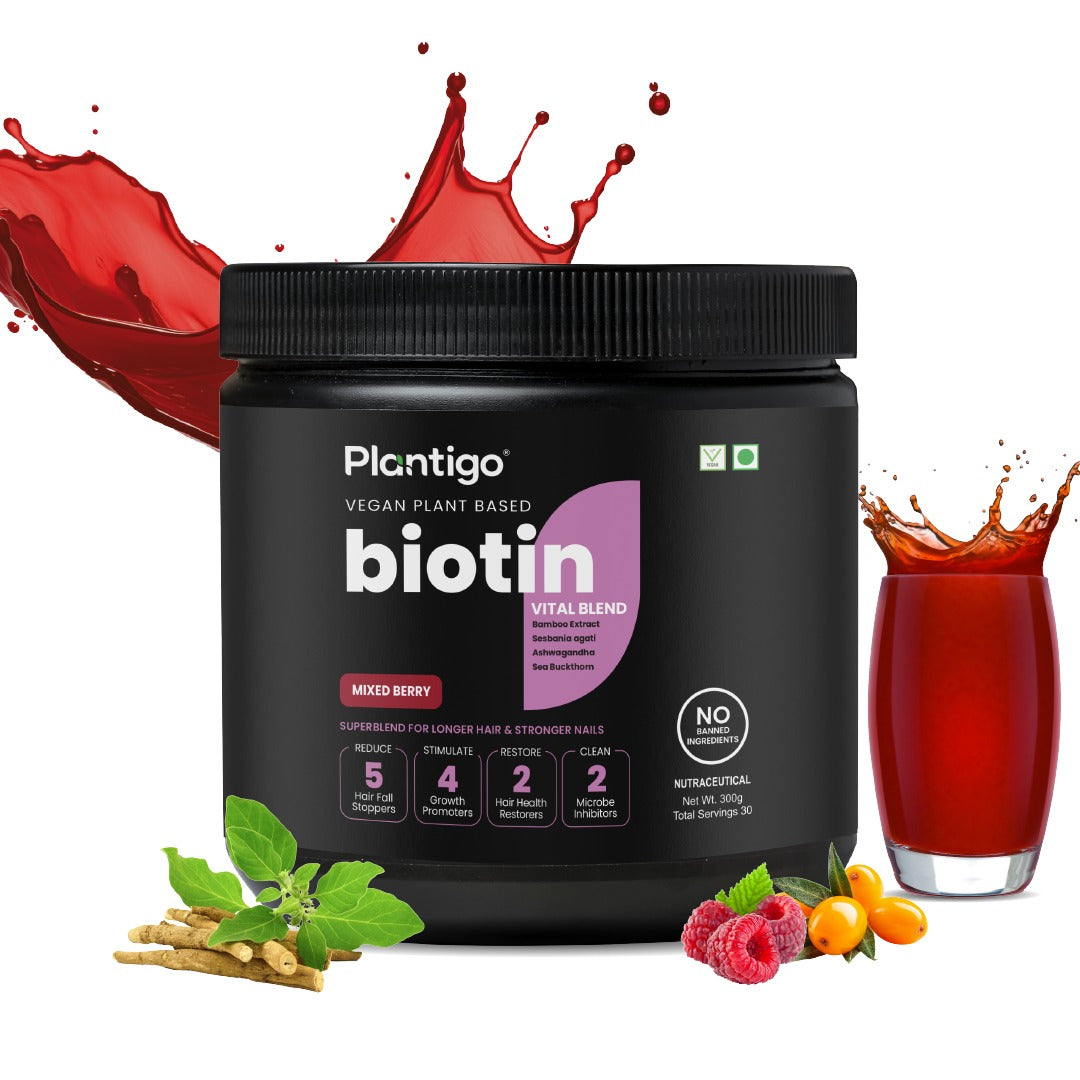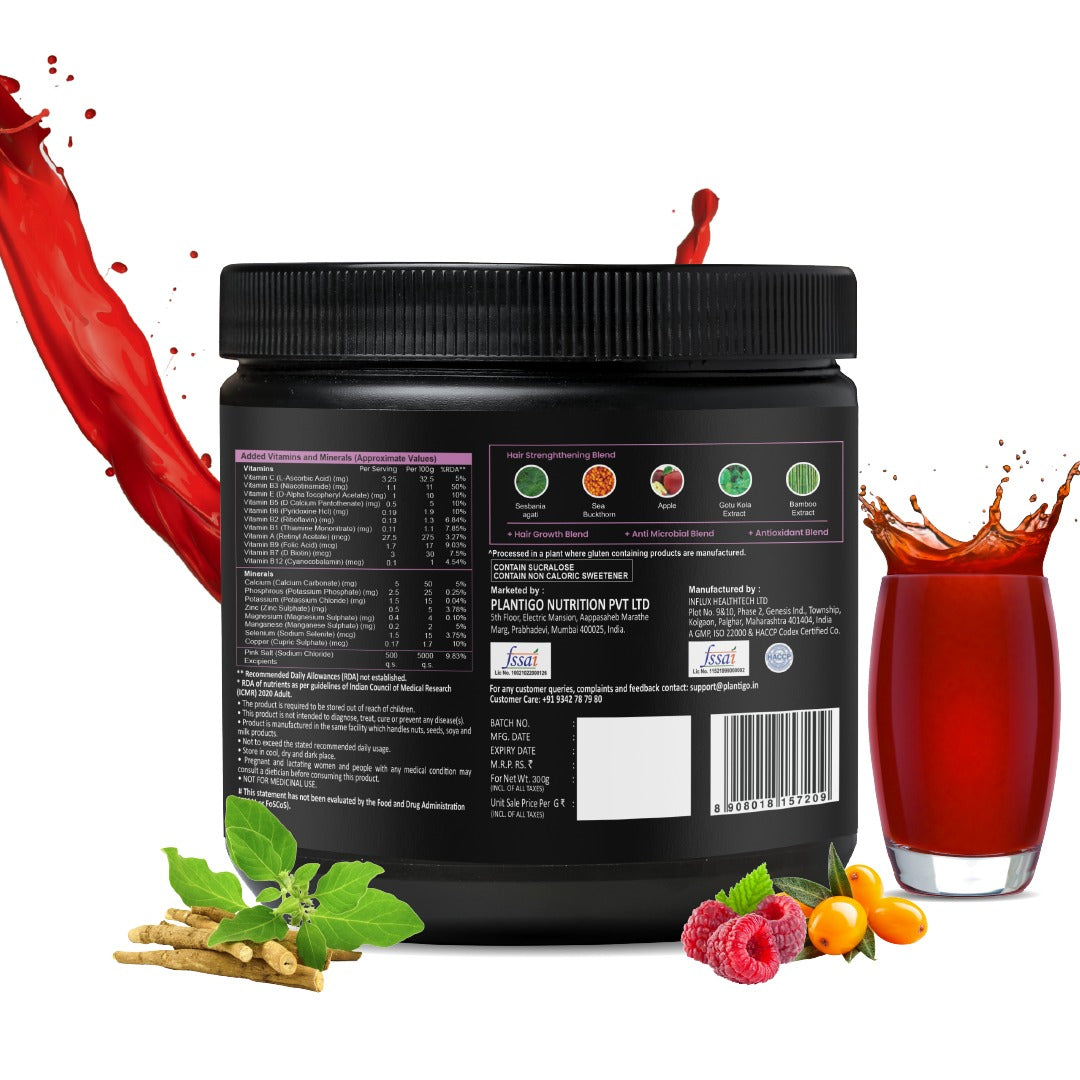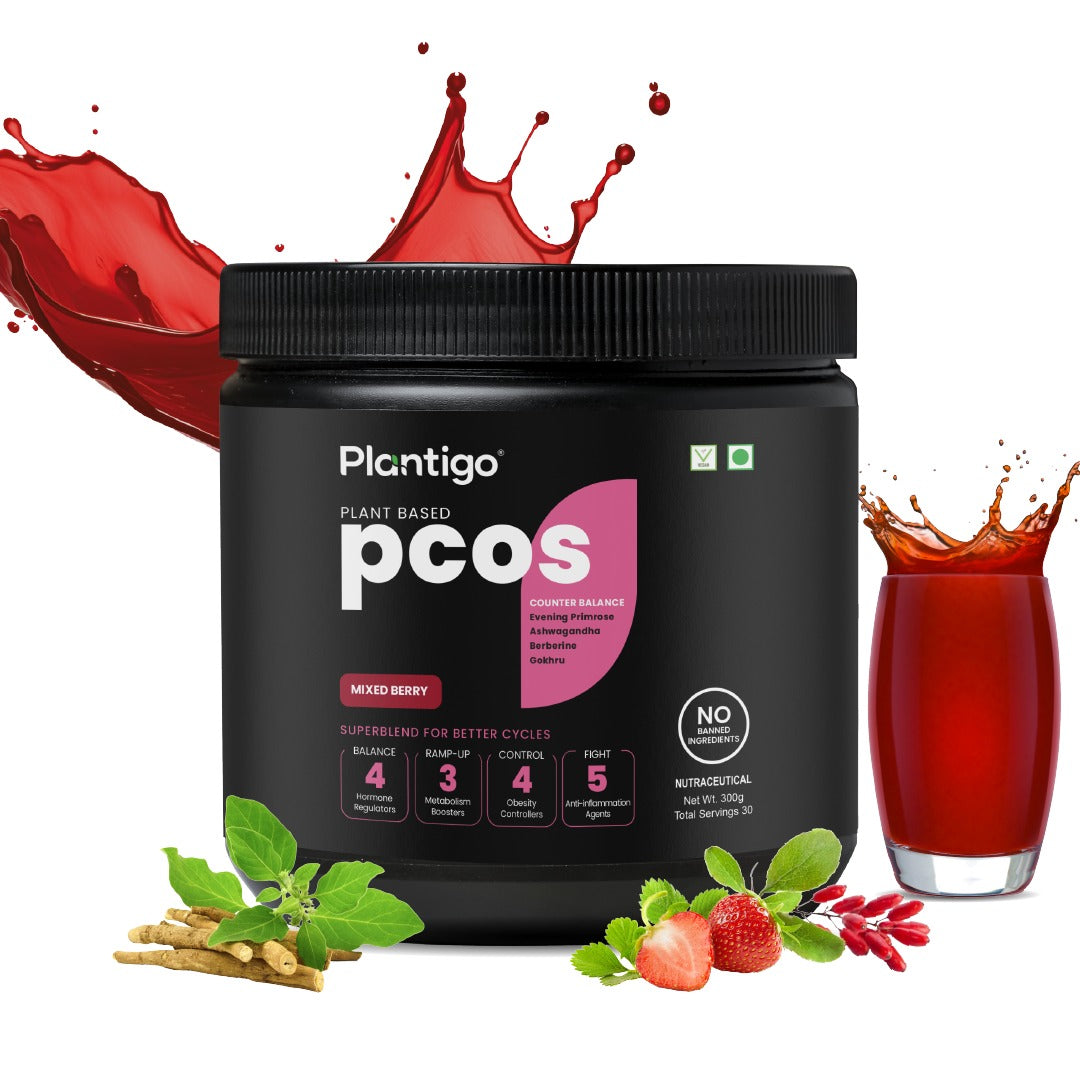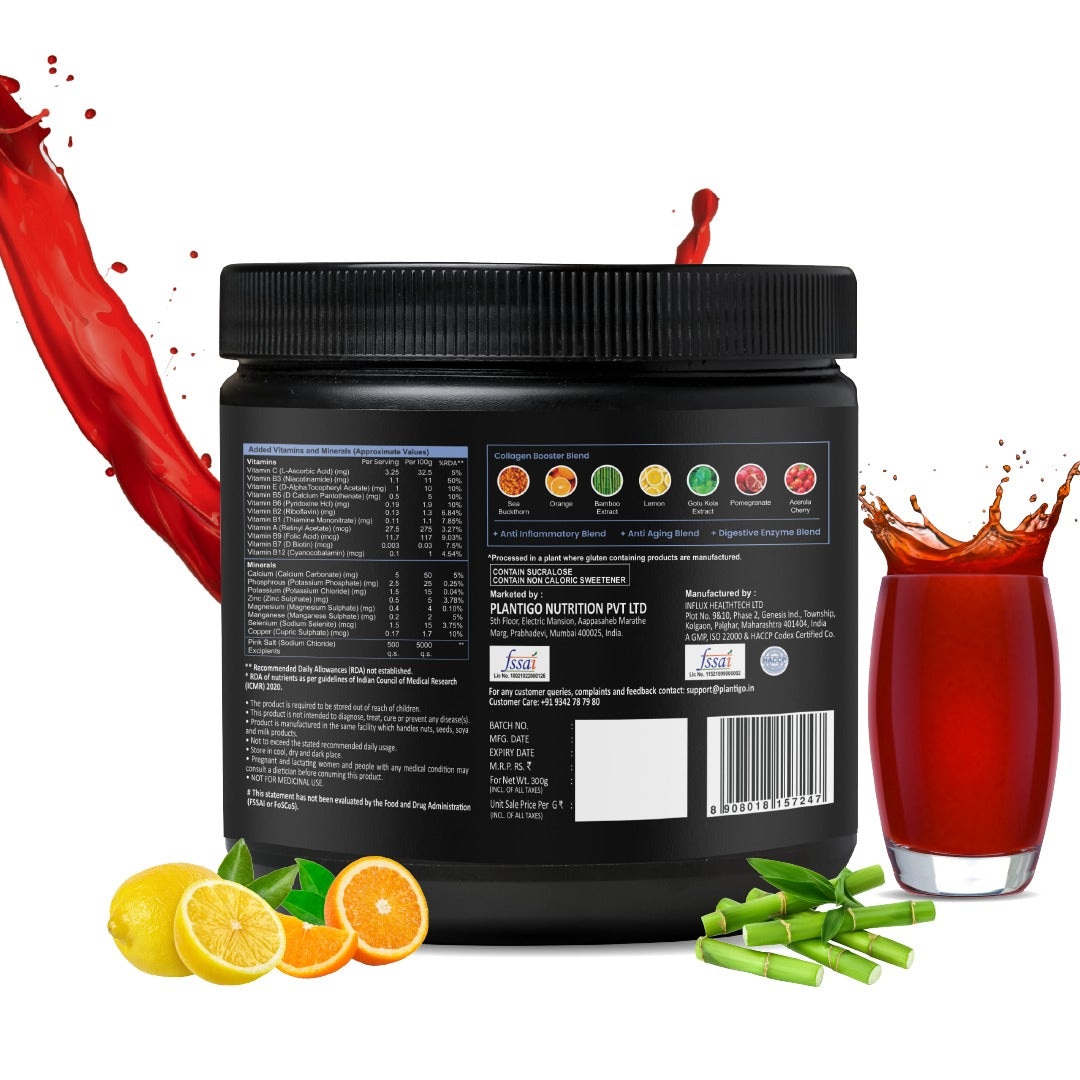What is Protein Powder:
Protein is an essential macronutrient that plays a crucial role in building and repairing muscle tissue, supporting immune function, and maintaining optimal health. For beginners looking to improve their fitness and overall well-being, ensuring an adequate intake of protein is paramount.
While whole food sources like chicken, fish, eggs, and beans are excellent sources of protein, incorporating protein powder into your diet can offer a convenient and efficient way to meet your daily protein needs. Protein powder is a convenient option for beginners who may struggle to consume enough protein through whole foods alone, especially for those who lead busy lifestyles or have specific dietary restrictions.
In this article, we will explore some tips for choosing the right protein powder for your individual needs and the benefits of protein powder for beginners. By understanding the role of protein in your diet and utilizing protein powder effectively, beginners can support their fitness goals and overall health with ease.
Why Should Plant Based Protein Powder Be Your First Choice?
Protein powders are a popular supplement for athletes, fitness buffs, and anyone looking to increase their protein consumption. Plant based protein powders can be a great option for beginners looking to increase their protein intake. They are generally lower in saturated fat and cholesterol compared to animal-based protein powders, making them a healthier choice for many people. Additionally, plant based protein powders can be beneficial for those following a vegetarian or vegan diet. Examples of plant based protein sources with high nutritional value include hemp protein, brown rice protein, and quinoa protein.
One real-time proven example of a plant based protein powder that is popular among athletes and bodybuilders is pea protein. Pea protein is derived from yellow split peas and is known for its high protein content and easy digestibility. In 2019, studies have shown that pea protein is just as effective as whey protein in promoting muscle growth and recovery after exercise. High-Intensity Functional Training [HIFT] is a new training mode that focuses on strength, endurance, and flexibility. High-Intensity Functional Training [HIFT] athletes gradually turn to plant based protein powder to attain macronutrients and support training adaptations. Ultimately, it is essential to consider your individual dietary needs and goals when choosing the right protein powder for you.
Which Protein Powder Is Right for You?
When it comes to choosing a protein powder for beginners in muscle gain, there are several options available on the market. Some of the most common types of protein powders include whey protein, casein protein, and plant based protein powders such as pea protein, hemp protein, and brown rice protein.
- Plant based protein powders accelerate significant growth with people who are considerate about health and body fitness. They are derived from sources such as peas, hemp, and brown rice. Plant based protein powders are a great option for beginners looking to build muscle because they are easy to digest, contain all of the essential amino acids needed for muscle growth, and are typically free from common allergens such as dairy and gluten.
- One of the most popular types of protein powder is whey protein, which is derived from milk. Whey protein is known for its high protein content and fast absorption rate, making it a popular choice among athletes and bodybuilders looking to build muscle mass quickly. However, whey protein is low in fiber and it can be hard to digest for some people, especially those who are lactose intolerant or have dairy allergies.
- Casein protein is another common type of protein powder that is derived from milk. Casein protein is known for its slow digestion rate, which can help to provide a steady supply of amino acids to the muscles over a longer period of time. Also, people who are allergic to casein or milk can experience indigestion symptoms such as bloating, gas, digestive discomfort, and abdominal pain.
5 Powerful Tips for Beginners Choosing the Best Protein Powder (Beyond the Basics)
So you're a fitness newbie ready to explore protein powders? Hold on before grabbing the one with the biggest muscles on the label. Here are 5 valuable, often overlooked factors to consider for a truly effective and safe protein powder experience:
- Digestion Matters More Than Raw Protein Content: Beginner bodies might struggle to absorb huge protein dumps. Prioritize digestibility. Opt for powders like plant based protein powder and these get broken down faster, aiding muscle recovery and minimizing bloating, a common protein powder woe.
- Tailor Your Macros, Not Just Your Muscles: Forget "one size fits all." If you're aiming for weight gain, choose a blend with complex carbs (like sweet potato powder) for sustained energy. Trying to shed weight? Find powders lower in calories and with minimal added sugars or carbs. Protein powder can be a valuable tool but use it strategically for your specific goals.
- Sweetener Savvy: Don't Get Duped by Diet Deception: Artificial sweeteners can wreak havoc on your gut health. Consider protein powders that are sweetened with natural options like stevia or monk fruit. Even better, consider unsweetened varieties. You can then customize the taste with fruit or your favorite natural sweetener, giving you more control over your sugar intake.
- Unmask Hidden Allergens and Fillers: Not all ingredients are created equal. Soy lecithin, a common emulsifier, can be a hidden allergen for some. If you have sensitivities, choose powders free from soy, gluten, and other common culprits. Be wary of excessive fillers or thickeners that add bulk but minimal protein. You're paying for protein, not fluff!
- Go Beyond the Label: Invest in Third-Party Tested Purity: Trace amounts of heavy metals like lead, mercury, and arsenic can sometimes be found in protein powders. This might not be a huge concern for everyone, but for health-conscious beginners, it's a factor worth considering. Look for brands that go the extra mile with third-party testing for heavy metals, ensuring a cleaner and safer product.
Wrapping Up:
Plant based protein powders are a great option for beginners looking to build muscle due to their easy digestibility, high protein content, and allergen-friendly nature. Pea protein is a real-time proven example of a plant based protein powder that can help to support muscle growth and recovery, making it a great choice for those looking to optimize their muscle gains.
Based on your body type, pick the Best Plant Based vegan protein powder for Muscle gain. By considering these often overlooked factors, you'll be well on your way to choosing a protein powder that truly complements your fitness journey and supports your overall health. Remember, protein powder is a tool, use it wisely!

